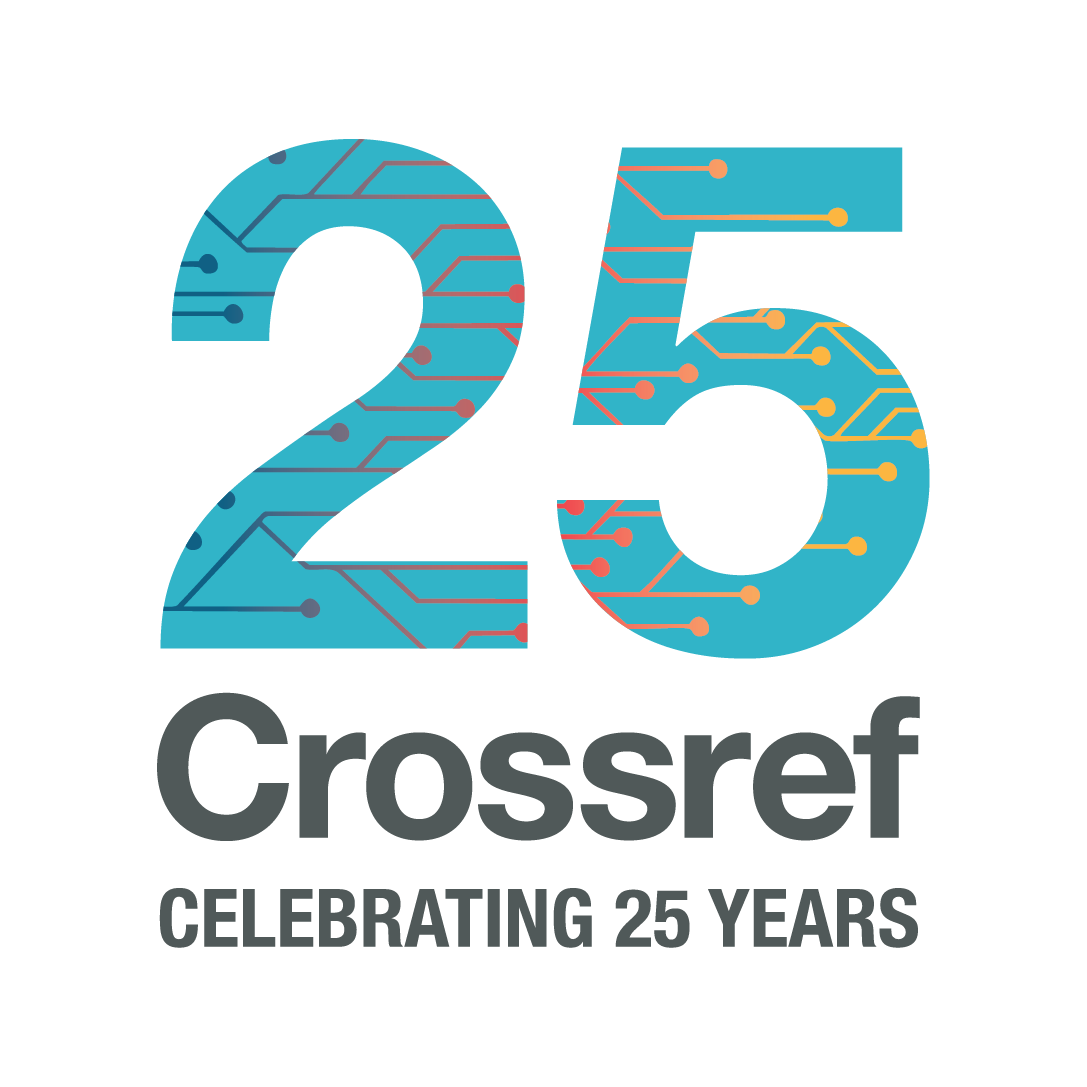2025 November 06
The sunset is on the horizon for Metadata Manager. What's next?
TL;DR. Metadata Manager will be retired at the end of 2025. Over the past four years, we have been developing a new helper tool to replace it, and that tool has now reached a stage of maturity that means we will be able to switch off Metadata Manager by the end of the year.









